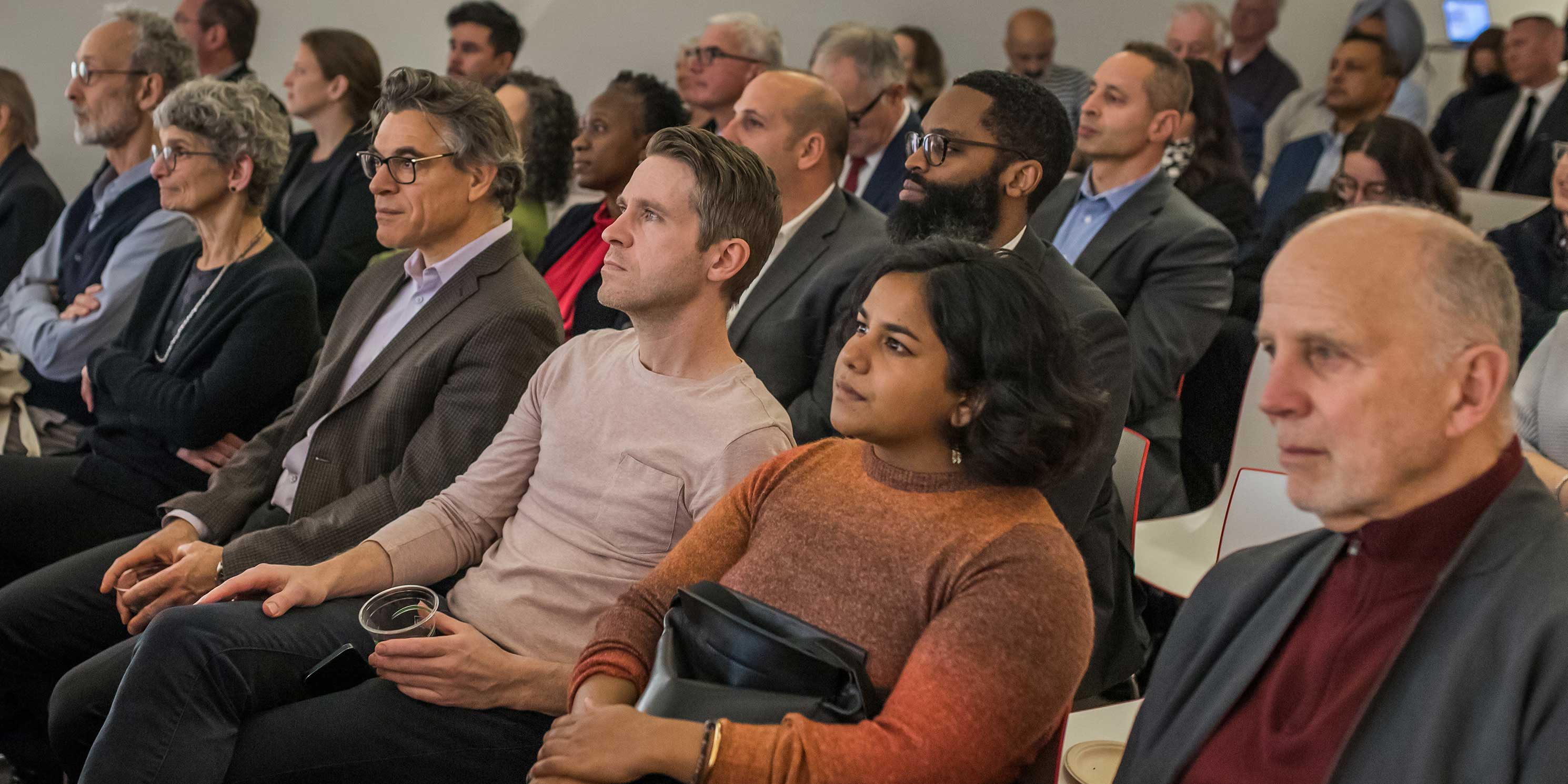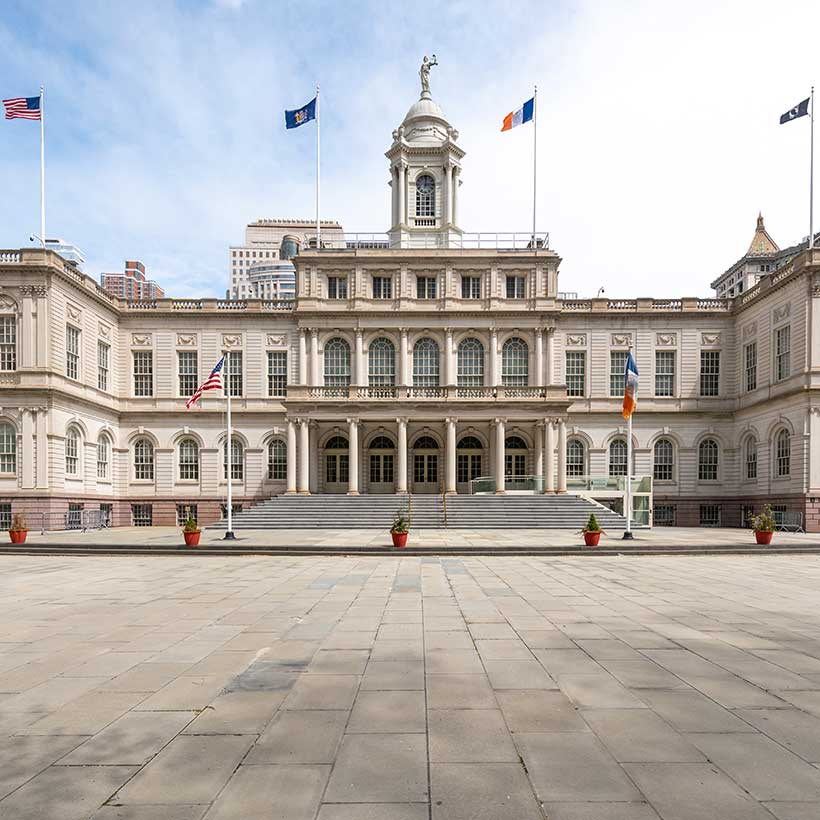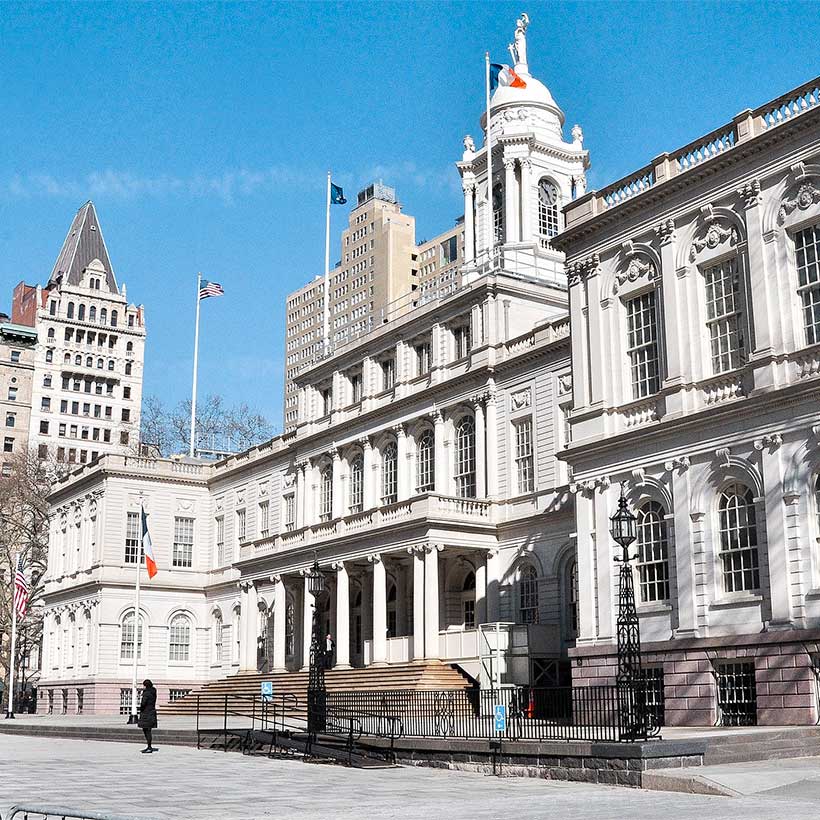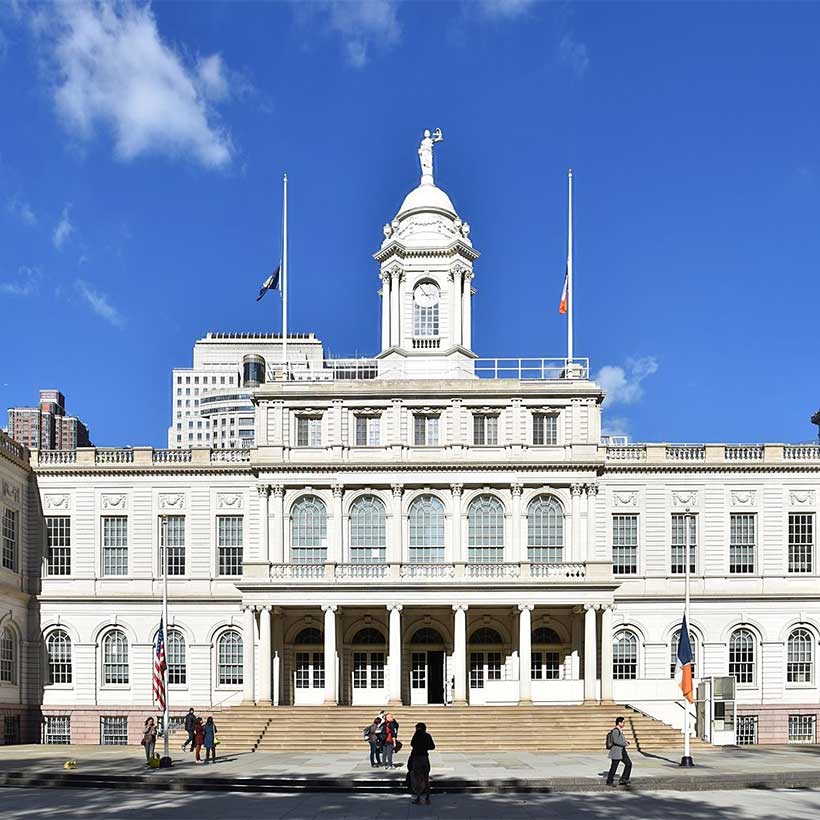MAS Comments on the Charter Revision Commission Interim Report
The Municipal Art Society of New York (MAS) supports the Charter Revision Commission’s efforts to modernize and streamline the City’s land use review process and maintain meaningful public participation. We commend the Commission for addressing long-standing structural inefficiencies with the Uniform Land Use Review Procedure (ULURP) and offer the following comments on each proposed ballot question related to land use:
Ballot Question #1 – Fast Tracking Affordable Housing
MAS supports the goal of making it easier and more efficient to develop publicly financed, 100 percent affordable housing. However, we strongly recommend that the proposal be split into two separate questions on the ballot for better clarity. The two mechanisms it introduces — the Board of Standards and Appeals (BSA) fast-track for Housing Development Fund Companies (HDFCs) and the expedited ULURP process in low-production districts — are substantively different and deserve independent consideration by voters.
We support the first mechanism. A streamlined BSA process for 100 percent affordable HDFC projects, with mandatory public hearings and a fixed timeline, is a welcome reform that could reduce delays for approving deeply affordable housing. The inclusion of community board review and a required BSA hearing strikes an appropriate balance between expediency and transparency. While MAS does not generally support fast-tracking land use applications based on project type alone, the revised proposal sufficiently limits eligibility to a narrow set of public-purpose projects with clear affordability thresholds and ownership structures. Should this proposal pass, the BSA will need sufficient resources and staffing to ensure it can meet the demands of creating a streamlined process.
We have some concerns about the second mechanism. As part of the Thriving Communities Coalition (TCC), MAS supports equitable housing development across the five boroughs that is consistent with the goals of the Fair Housing Framework. While the intent to create more affordable housing in underproducing community districts is laudable, this element of the ballot proposal lacks meaningful enforcement. We understand that market forces may affect a lack of housing being built in districts where land is more expensive than others; however, districts that continue to underperform should be required to conduct an infill study and/or inventory of underutilized or vacant City-owned land and report the findings to the public. Without a mandate to act on those findings, however, we are skeptical this mechanism alone will shift development patterns — especially in low-density districts where private interest in affordable development remains weak. MAS is not opposed to this provision, but we do not believe it will have a measurable impact without stronger implementation tools.
Download Testimony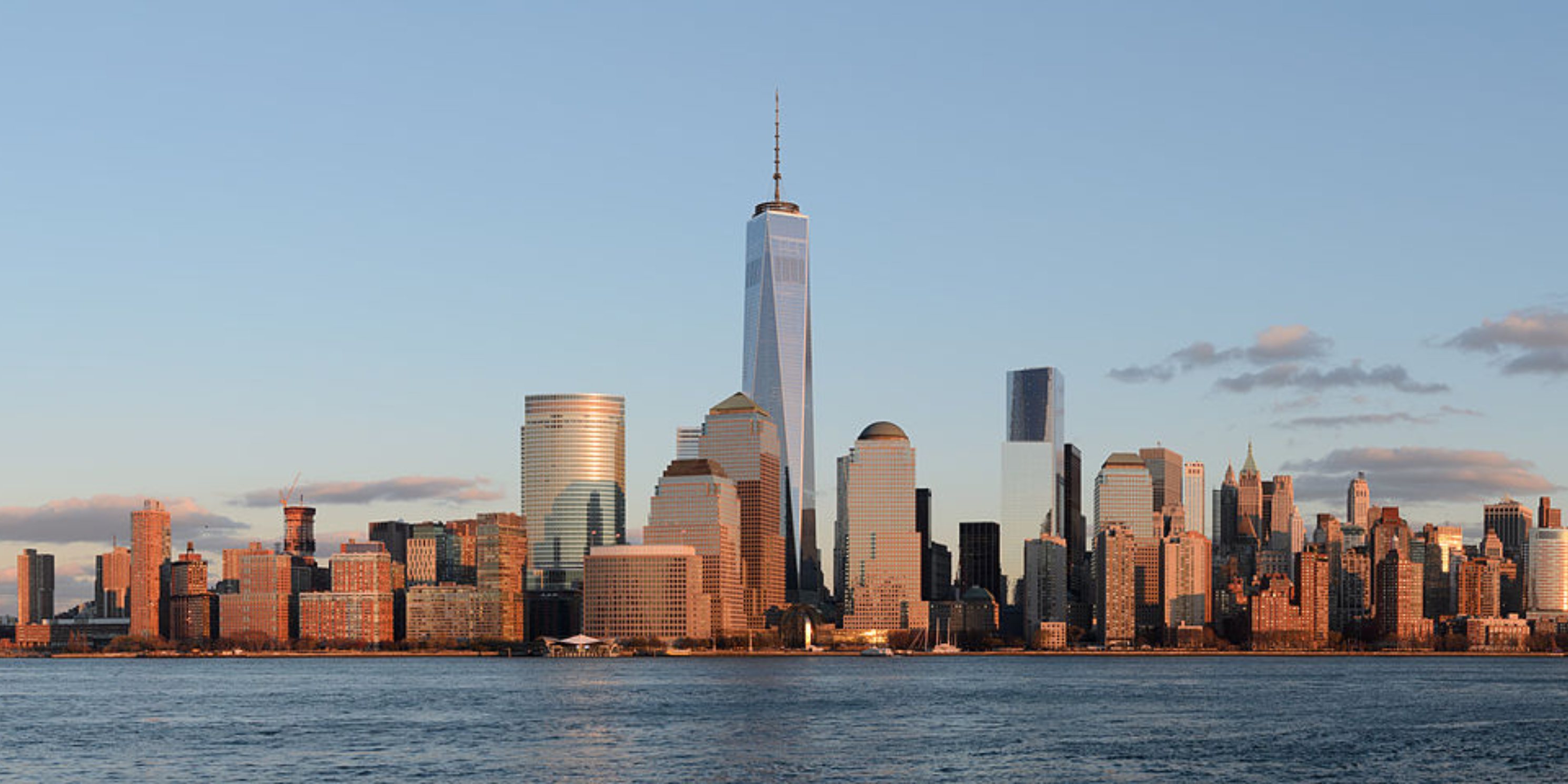
MAS is also aligned with the following recommendations advanced by the TCC to improve the effectiveness and equity of this proposal:
● Ensure deeper affordability for fast-tracked BSA projects. For HDFC projects that move through BSA rather than ULURP, we support the addition of a weighted Area Median Income (AMI) cap or average to ensure that these developments include a meaningful share of deeply affordable units.
● Refine how Fast Track districts are identified. For mixed-income affordable housing projects that would use the expedited ULURP process, the geographic criteria should better align with the City’s Fair Housing Framework. For the initial round of targets starting in October 2026, the Fast Track should apply to the 18 community districts with the lowest rate of affordable housing production — a threshold consistent with the definition of “limited affordability areas.”
● Introduce stronger accountability in future rounds. Beginning with the second round of Fair Housing Framework targets and thereafter, Fast Track eligibility should be limited to community districts that:
● Are classified as “limited affordability areas,”
● Are not classified as “high displacement risk areas,” and
● Have failed to meet their affordable housing production targets in the prior five-year period.
These changes would better align the proposed Charter reforms with the City’s broader housing equity goals and ensure that fast-tracking tools are used in a manner that both increases affordability and protects vulnerable communities.
Ballot Question #2 – Simplifying Review of Modest Housing and Infrastructure
MAS supports the proposed Expedited Land Use Review Procedure (ELURP) and the creation of faster pathways for modest rezonings, infrastructure upgrades, and climate resilience projects. We support the decision to combine the community board and borough president review into a single 60-day period. This strikes a better balance between maintaining public input and reducing unnecessary procedural delays.
We strongly support the inclusion of the following categories in the expedited process:
● Modest housing proposals that allow small-scale multifamily housing in low-density residential districts or modest increases in medium- and high-density residential districts. These proposals align with the City of Yes for Housing Opportunity zoning text amendment and help facilitate the construction of “missing middle” housing typologies that are currently difficult to build through standard ULURP.
● Administrative changes to the City Map, which are often procedural in nature and currently subject to unnecessarily lengthy review.
● Resiliency, open space, and climate-related site actions, such as flood buyouts, solar panel installations, or acquisitions of public land for the creation of parks, which are critical to an equitable climate response and should be facilitated rather than delayed.
However, MAS raises concerns regarding the proposal’s treatment of City-owned land dispositions. We support the expedited review of dispositions for affordable housing, including transfers to HDFCs, so long as appropriate safeguards are in place to prevent speculative consolidation. This tool should remain focused on enabling publicly-financed housing, not facilitating large-scale private assemblages. We are concerned about the expedited disposition of small parcels of City-owned land. While often treated as surplus, these lots may offer potential for pocket parks, community gardens, or other public-serving uses. MAS recommends limiting this category of expedited disposition to only districts that achieve the City’s median open space ratio of 1.5 acres per 1,000 residents, to ensure public land is not prematurely removed from neighborhoods that lack sufficient green space. Alternatively, the City should explore mechanisms to incentivize the creation of open space when transferring land to private developers, for example, by requiring the inclusion of publicly accessible open space improvements as a condition of disposition.
Finally, we caution against granting the City Planning Commission (CPC) and City Council unrestricted authority to add additional categories to this expedited list in the future. Doing so may undermine the transparency and public legitimacy this Charter revision process is designed to uphold. We recommend either codifying a broader list of categories now or reserving such additions for future Charter Revision Commissions with public input.
Ballot Question #3 – Establishing a ULURP Appeals Board
MAS supports this proposal as a fair and balanced reform to ULURP. By replacing the mayor’s rarely used veto with a three-member Appeals Board consisting of the mayor, the speaker of the City Council, and the borough president of the affected borough, this amendment preserves checks and balances while curbing the outsized influence of member deference.
Including both borough-wide and citywide elected officials in this process helps ensure that land use decisions reflect a broader range of interests and goals, not just those of a single Council member. Developers and applicants, in turn, gain a more predictable pathway through ULURP, which may reduce the chilling effect that uncertainty and late-stage political interference can have on socially beneficial projects, particularly those that seek to add density in neighborhoods that have historically resisted new housing. The Board’s limited authority to either reverse disapprovals or restore CPC-approved applications, but not to craft new modifications, provides a final safeguard without undermining the Council’s legislative role.
Ballot Question #4 – Modernizing the City Map
This is a long-overdue and common-sense modernization. Replacing more than 8,000 individual paper maps with a unified digital City Map will reduce inefficiencies, lower transactional costs, and improve access to land use data across the five boroughs. MAS encourages the City to go further by integrating other core land use records, like public assets and rent-stabilized units, into a centralized, searchable platform. True modernization requires not just digitization, but integration and accessibility.
Conclusion
While these reforms introduce new layers of process, they also have the potential to make land use decisions more transparent, equitable, and navigable, particularly for small and nonprofit developers. MAS supports the Commission’s direction and urges continued engagement to ensure that future land use reforms balance speed with equity and efficiency with public trust.
We appreciate the Commission’s attention to these issues.
Sincerely,

Keri Butler
Interim President, Municipal Art Society of New York
